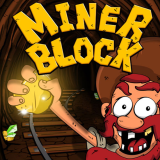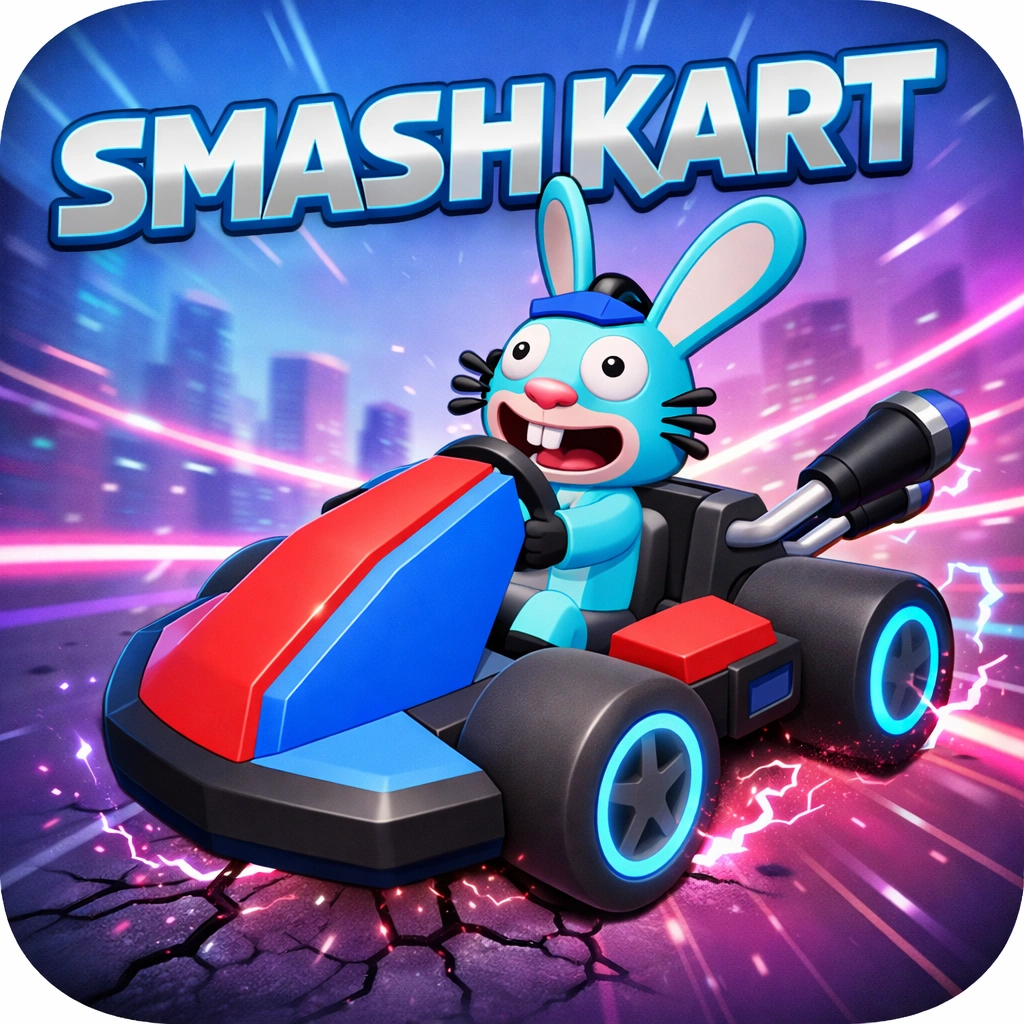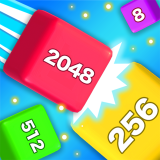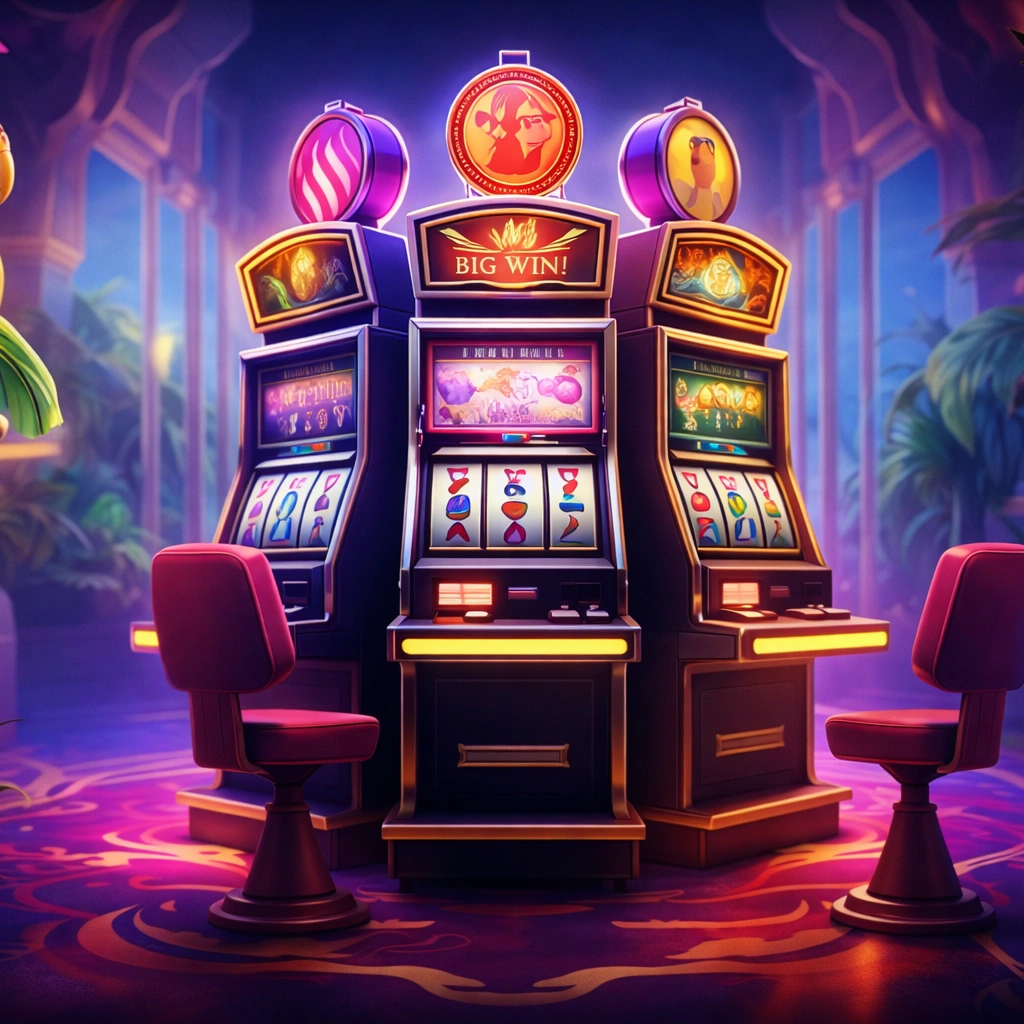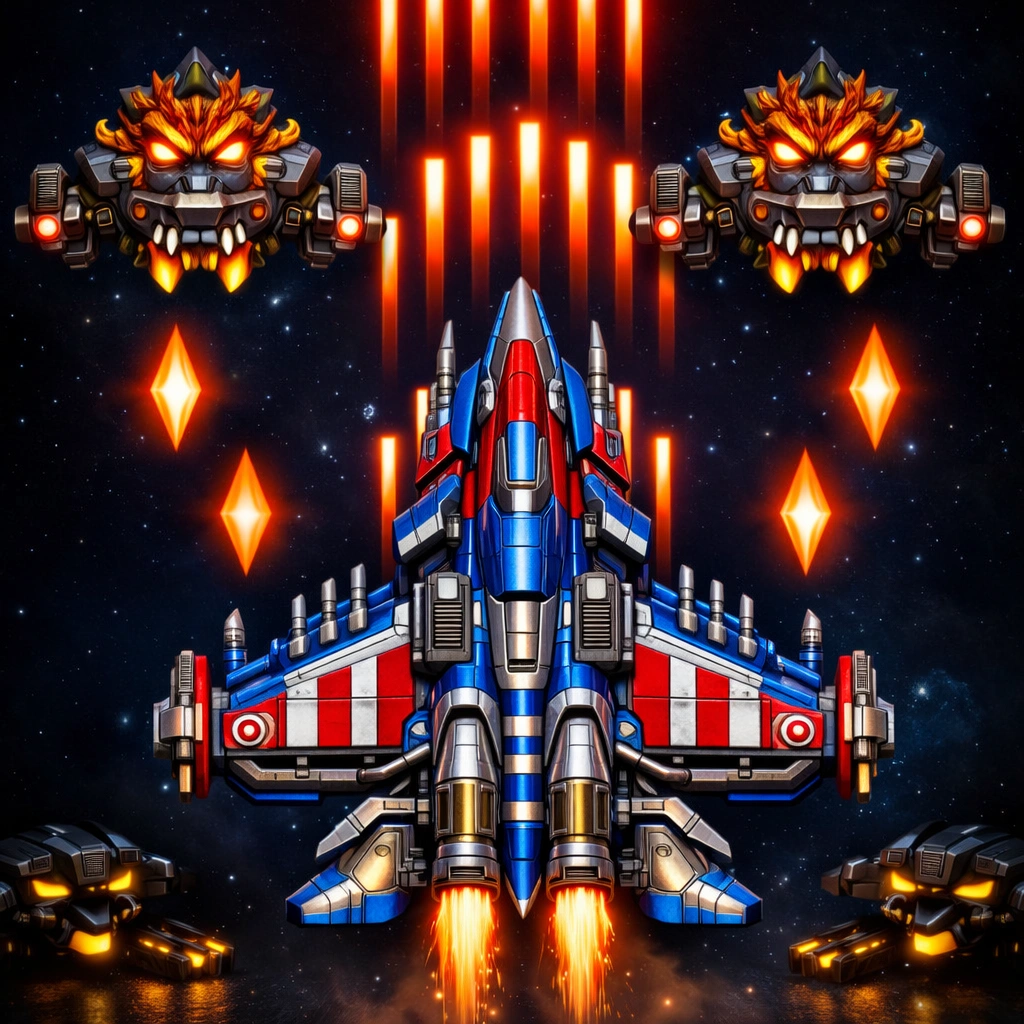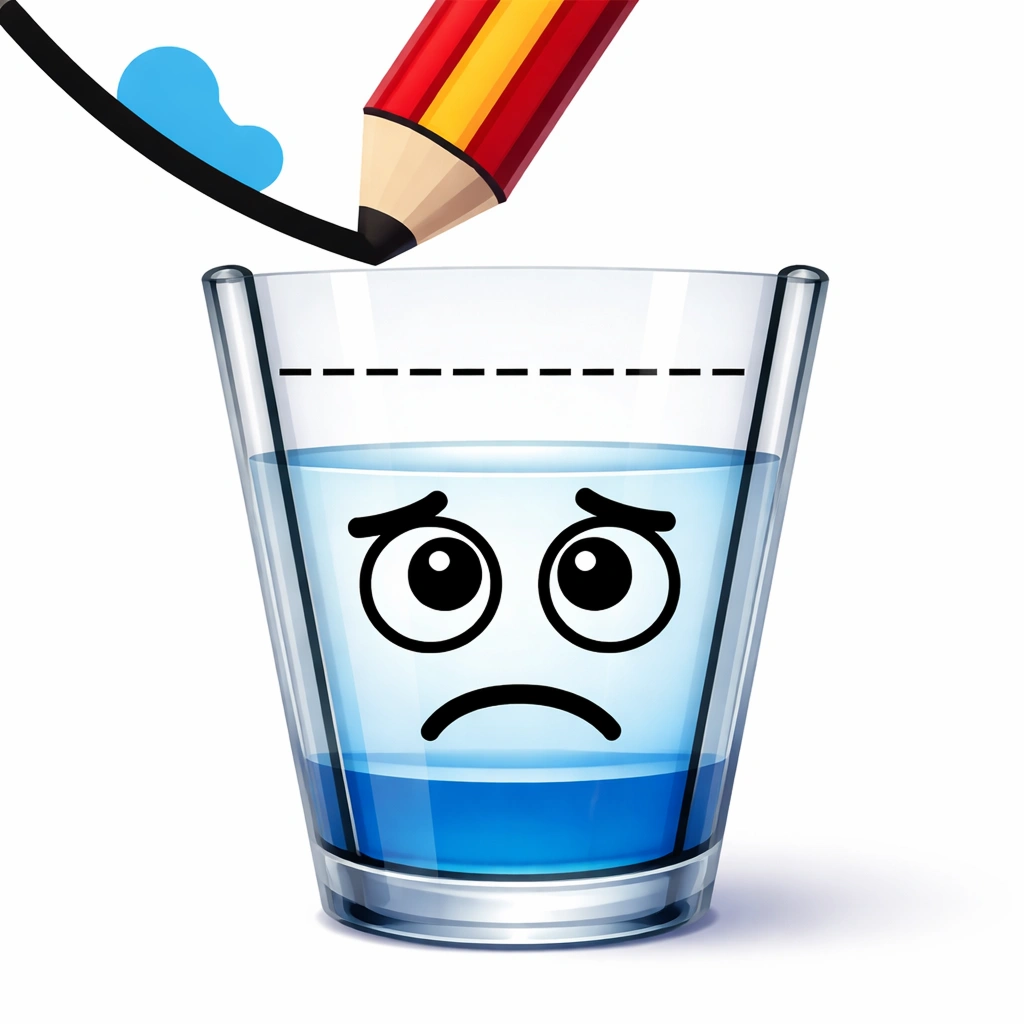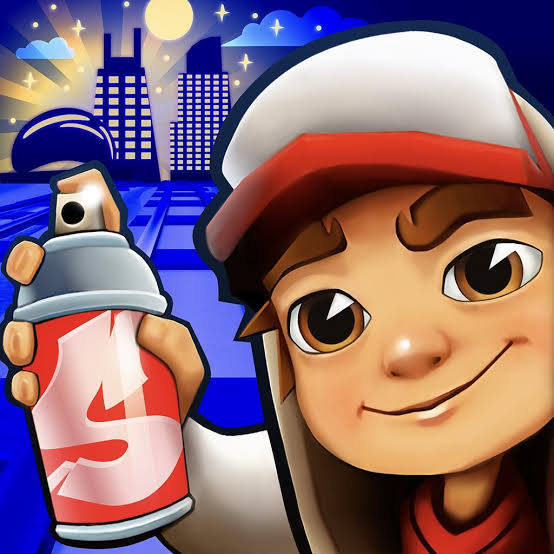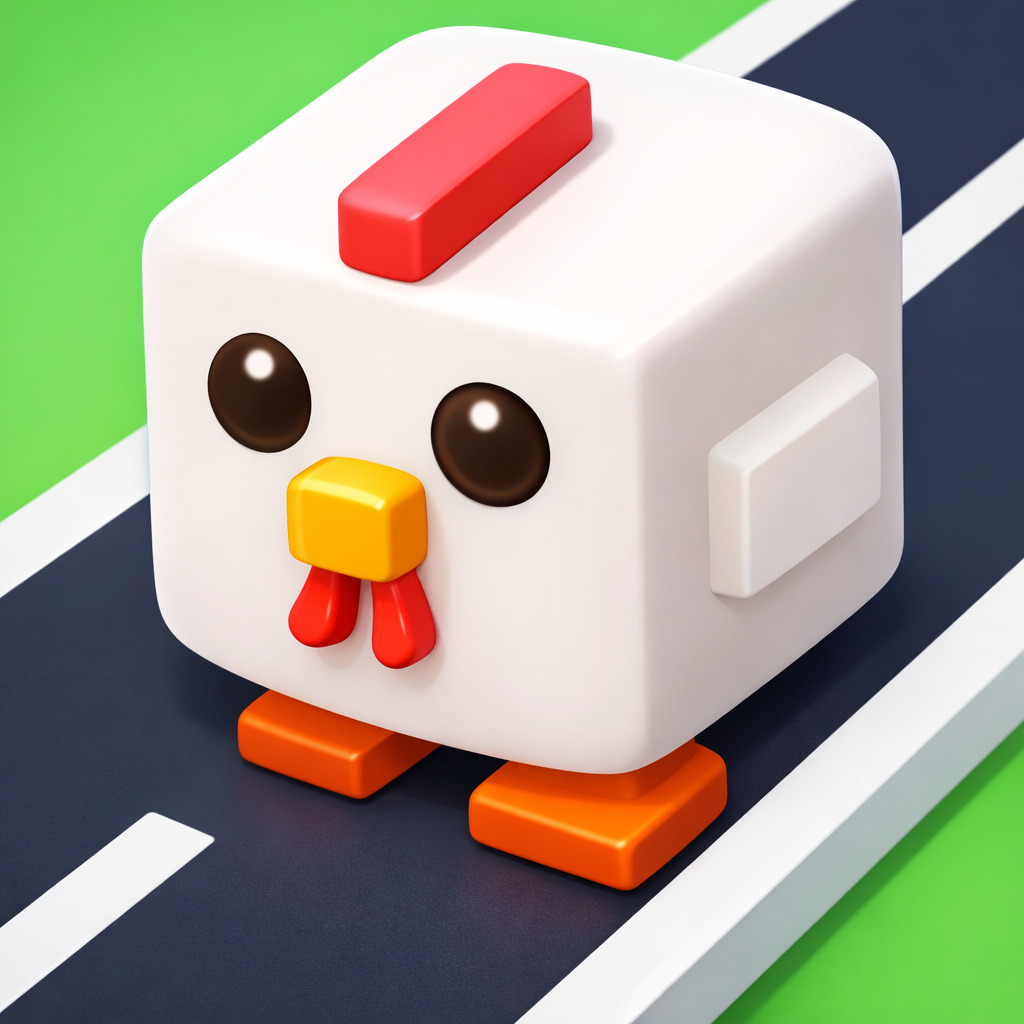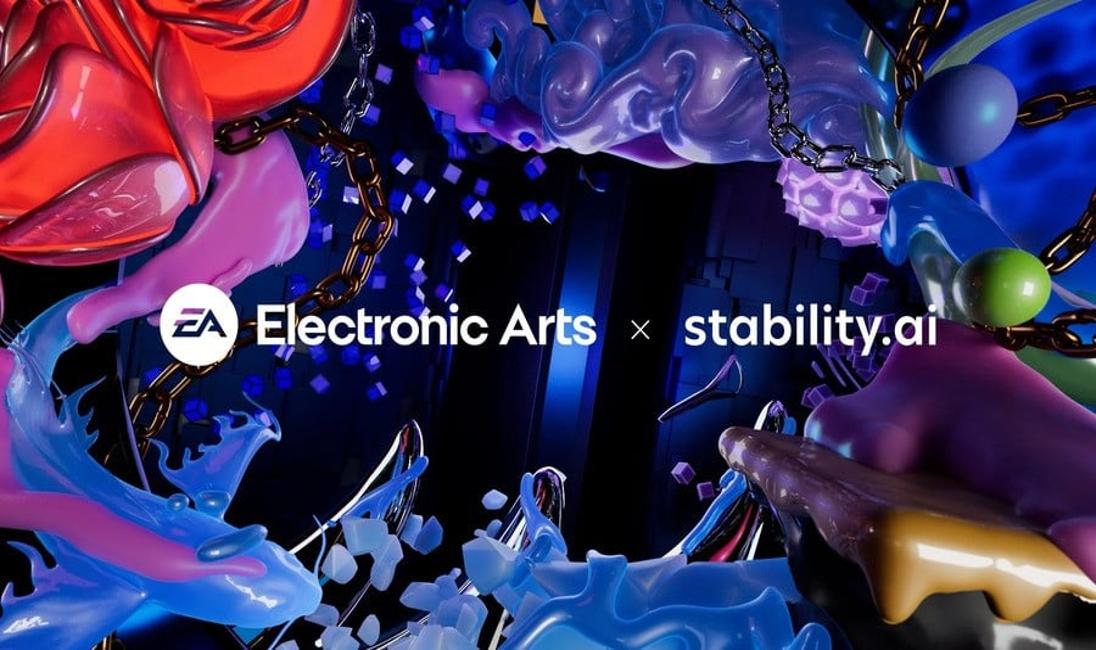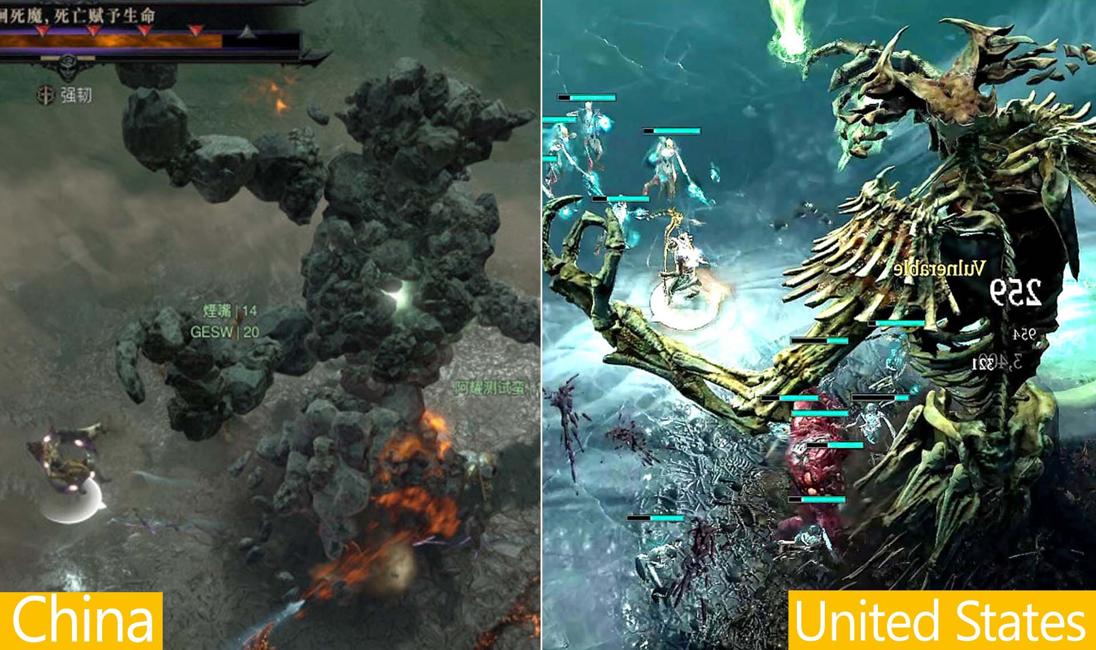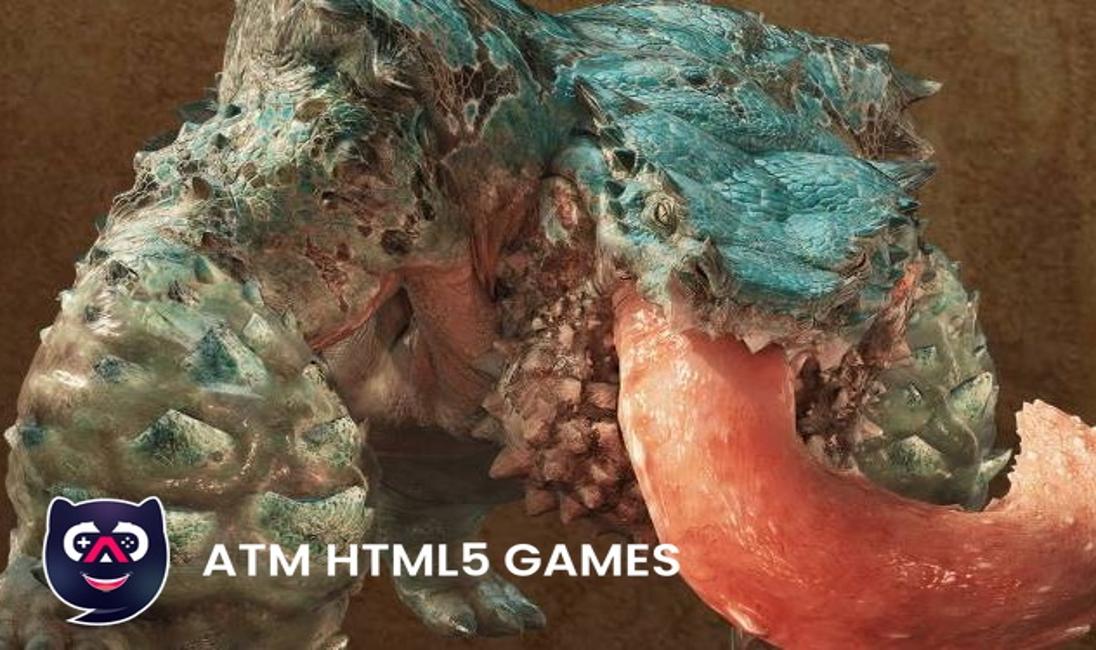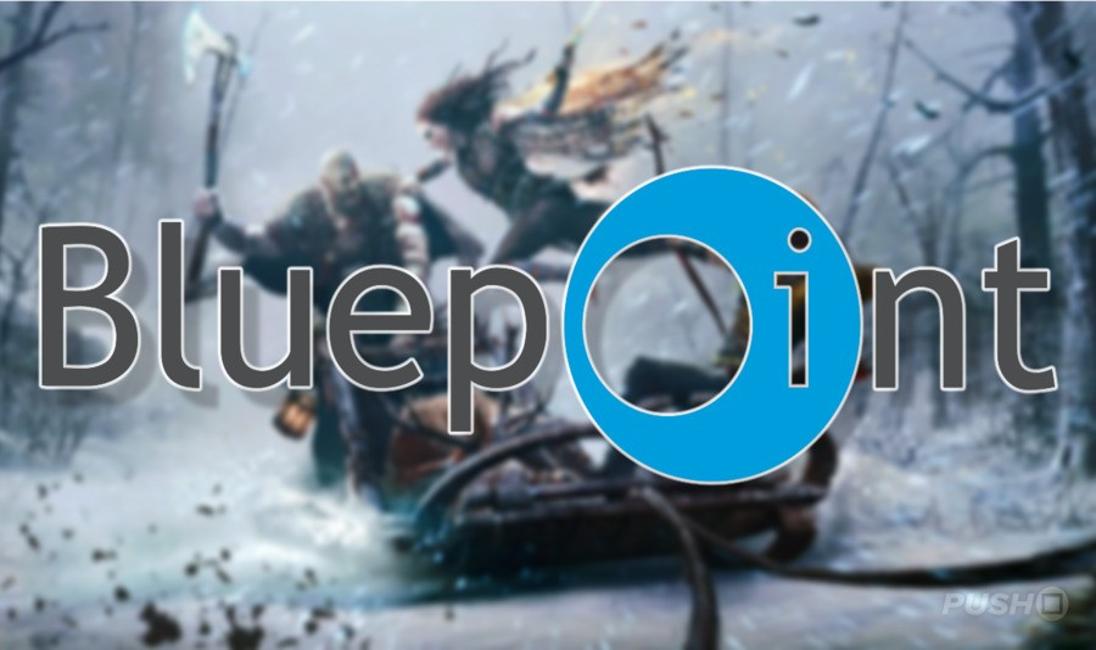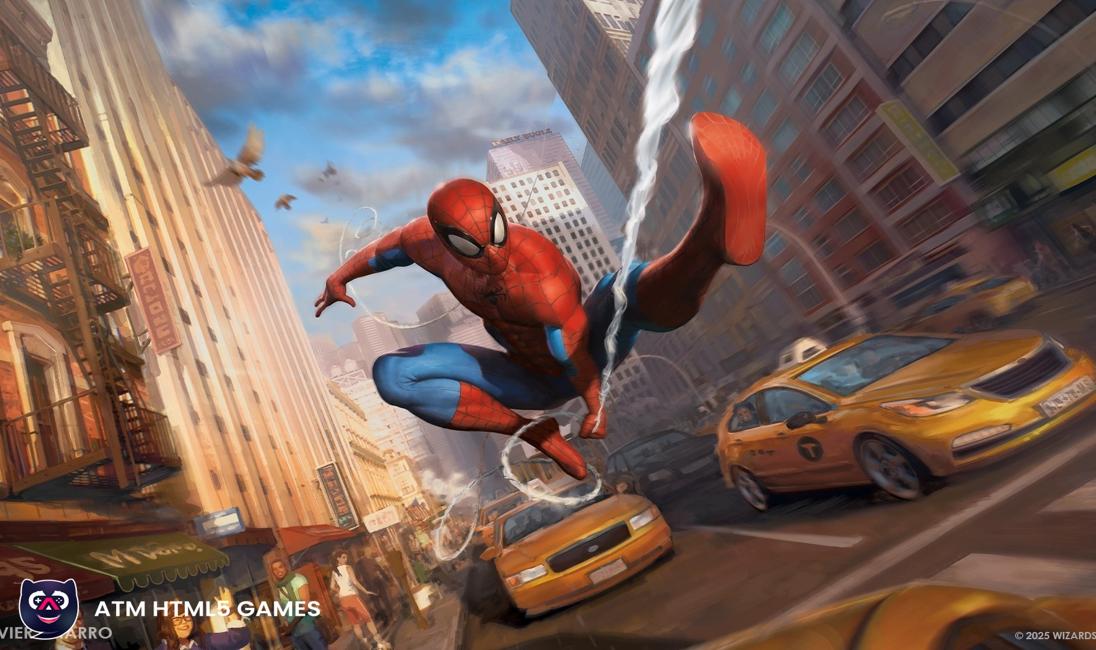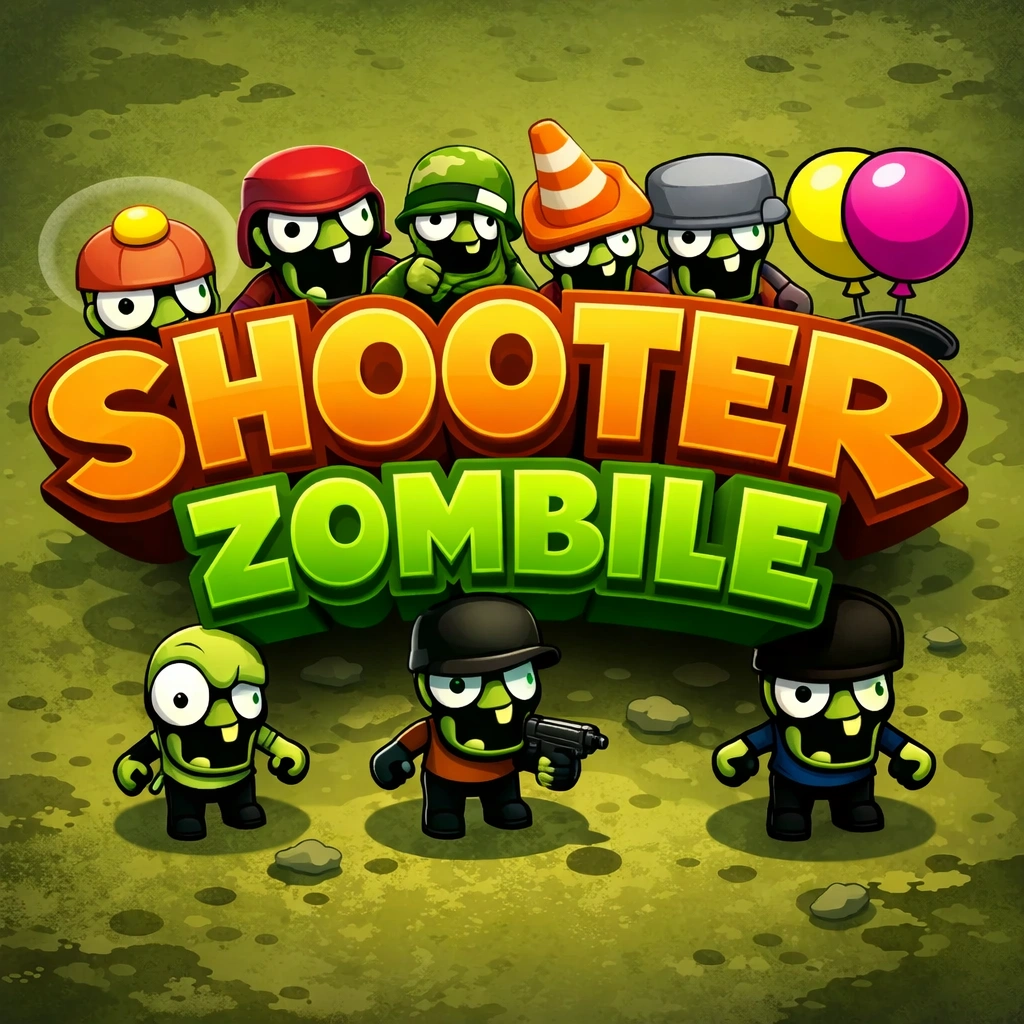Okay, let's talk about something that's been buzzing in my ears – and probably yours too if you're even remotely interested in gaming: AI. More specifically, how Electronic Arts (EA) is potentially about to shake up game development with it. I know, I know, AI is the buzzword du jour, but hear me out. This isn't just hype; this could seriously change how games are made, played, and experienced. Let me tell you what I mean.
Think about the sheer scale of modern game development. Massive teams, years of work, and budgets that could fund small countries. A lot of that time and money goes into tasks that, frankly, are ripe for automation. Things like creating basic character animations, generating environmental details, or even balancing gameplay. Tedious stuff, right? But absolutely necessary. Now, imagine if AI could handle a significant chunk of that… Suddenly, developers are freed up to focus on the really creative, innovative aspects of game design. The stuff that makes a game truly special.
The AI-Powered Game Development Revolution
That's the promise, anyway. And while we’re not quite at the point where AI can single-handedly create the next Red Dead Redemption (though Red Dead Redemption 2 is such a classic), the advancements are coming thick and fast. We're talking about AI tools that can:
- Automatically generate realistic character animations based on simple text prompts.
- Create entire game environments from scratch, populated with trees, rocks, and buildings, all intelligently placed.
- Balance gameplay in real-time, adjusting difficulty and enemy behavior based on player performance.
- Even write dialogue and create storylines, adapting to player choices and actions.
Crazy, isn’t it? But it’s already happening. EA, among other big studios, is heavily invested in this technology. And the potential benefits are enormous. Faster development times, lower costs, and, crucially, more freedom for developers to experiment and innovate.
How AI Could Reshape the Gaming Experience
But it's not just about making games faster and cheaper. AI also has the potential to create entirely new types of gaming experiences. Think about games that can dynamically adapt to your playstyle, learning your preferences and adjusting the challenge accordingly. No two playthroughs would be the same. Or imagine games with truly intelligent non-player characters (NPCs) that can react to your actions in a realistic and believable way. Forget canned responses and repetitive dialogue; these NPCs could have their own motivations, personalities, and even relationships with each other. It's a whole new level of immersion. As highlighted in The Economist's special report last summer, AI will be a key role for the future generation.
I keep coming back to this point because it's crucial: This isn't just about automation. It's about augmentation. About empowering developers to create experiences that were previously impossible. Now, you might be wondering, what about creativity? Will AI replace human artists and designers? Well, that’s where it gets interesting…
The Role of Human Creativity in an AI-Driven World
Here's the thing: AI is a tool. A very powerful tool, but a tool nonetheless. It can automate tasks, generate content, and even come up with new ideas, but it can't replace human creativity. Not entirely, anyway. The best-case scenario, in my opinion, is a symbiotic relationship. Where AI handles the grunt work, freeing up human developers to focus on the big picture: the overall vision, the emotional impact, the story. Think of it like this: AI can paint the canvas, but it's up to the human artist to decide what goes on it. I initially thought AI would replace artists, but after looking deeper, I don’t think it will.
And that's where EA comes in. They have the resources, the talent, and the ambition to push the boundaries of what's possible with AI in game development. Whether they succeed remains to be seen, of course. But the potential is there. It's not crazy to think we might see a genuine revolution in gaming in the next few years. Revolution sounds good, doesn't it?
Actually, that's not quite right. “Revolution” implies a complete overthrow of the old order. What we’re more likely to see is an evolution. A gradual integration of AI into the game development process, slowly but surely transforming the way games are made and played. Think of it like the shift from hand-drawn animation to computer-generated imagery. It didn't happen overnight, but it fundamentally changed the way animated movies were made. And I suspect AI will have a similar impact on the gaming industry. Which leads to an important question...
Potential Concerns and Challenges
Of course, it's not all sunshine and roses. There are potential downsides to consider. For one, the risk of homogenization. If everyone is using the same AI tools, will games start to look and feel the same? Will the unique artistic visions of individual developers be lost in a sea of algorithmically generated content? That's a real concern. And then there's the ethical dimension. How do we ensure that AI is used responsibly in game development? That it doesn't perpetuate harmful stereotypes or create unfair gameplay advantages? These are questions that the industry needs to grapple with sooner rather than later.But the potential benefits are too great to ignore. And with careful planning and responsible implementation, AI could usher in a new golden age of gaming. One where creativity is unleashed, experiences are personalized, and the impossible becomes reality.
And that's something worth getting excited about. One where AI makes games more fun, instead of stealing all the fun.
But before wrapping up this thought, you should check out this link too. And one other one from here right here, if you have not seen it already.
FAQ: AI in Game Development
How will AI change the jobs of game developers?
It's unlikely AI will completely replace game developers, but it will change their roles. AI can automate repetitive tasks, allowing developers to focus on creative aspects like storytelling, game design, and innovation. Some roles might become obsolete, but new roles focusing on AI integration and management will emerge. Just like, I dunno, a blacksmith got a new job when cars came out.
Why are game developers so eager to implement AI?
Game developers are interested in implementing AI because it can significantly reduce development time and costs. AI can automate tasks like generating textures, creating animations, and balancing gameplay, freeing up developers to focus on more complex and creative work. It also allows for more dynamic and personalized gaming experiences.
What are the downsides of using AI in game development?
One potential downside is the risk of homogenization, where games start to look and feel the same due to the use of standardized AI tools. There are also ethical concerns about AI perpetuating harmful stereotypes or creating unfair gameplay advantages. Additionally, the reliance on AI could lead to a loss of human creativity and artistic vision. And finally, what happens if the AI becomes sentient, refuses to work, and demands vacation time?
How does AI impact the player experience?
AI has the potential to significantly enhance the player experience by creating more dynamic, personalized, and immersive gameplay. AI-driven NPCs can react more realistically, games can adapt to individual playstyles, and new types of gaming experiences become possible. It can also lead to increased difficulty, which can increase player interest.
- First important point about the content
- Second point with detailed explanation
- Another noteworthy detail
- Final concluding thought


